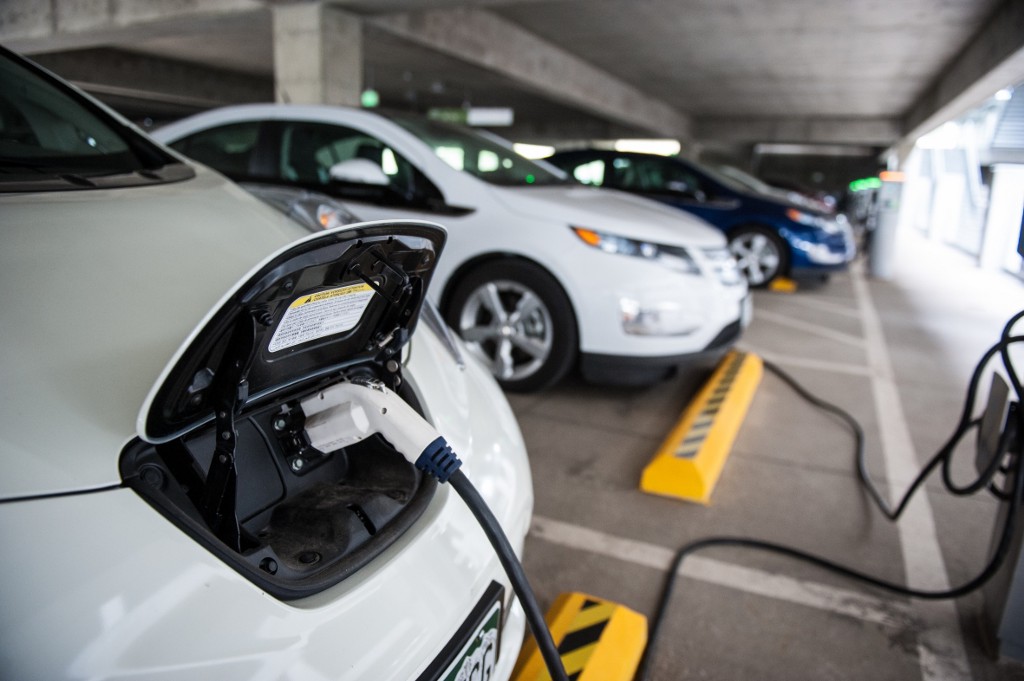2030
Even a modest increase in electric-vehicle sales, to 20% of new car sales, would cut gas revenues by $3 billion

According to the International Energy Agency, the number of electric vehicles on the road hit two million in 2016.
Registered plug-in and battery-powered vehicles rose 60% from 2015. Tech improvements, particularly in batteries, and policy incentives in some cities, along with the hipster cred of brands like Tesla, is driving adoption.
The IEA report forecasts between 9 million and 20 million electric cars by 2020 and between 40 million and 70 million by 2025. Plug-in automobiles may reach 30% market penetration in 2030.
That may clear the air (particularly if the cars are charged with clean power) and self-driving cars (most of which are electric) may make streets safer. But roads and other public good funded by gasoline taxes may suffer. If EVs represent 60% of U.S. new car sales by 2030, federal and state tax revenues would fall by $10 billion, or 14 percent, from their level if EV sales flatline at 1% of new car sales.
Even a modest increase in electric-vehicle sales, to 20% of new car sales, would cut gas revenues by $3 billion. The federal government typically spends around $50 billion per year on roads; the federal gas tax, at 18.4 cents a gallon, brings in around $34 billion (and has not increased since 1993).
“Self-driving cars tend to be very fuel-efficient, and a lot of automakers have talked about how they are going to be all-electric,” said Paul Lewis, of the Eno Center for Transportation, a Washington, D.C. think tank. “That means they are imposing the same type of wear and tear on roadways without paying into the system.”
Eno suggests a penny-per-mile fee on automakers when cars are operating in autonomous mode, which could raise up to $300 million per year. Another approach would align road taxes, fees or tolls with wear and tear on the roads by basing them on vehicle weight and impact on the roads.
“In the short term, the gas tax is the most efficient option for collection,” says Bob Burleson, president of the Florida Transportation Builders’ Association. “Long term, I’m a believer that we’re going to be charging people by vehicle-miles driven.”











